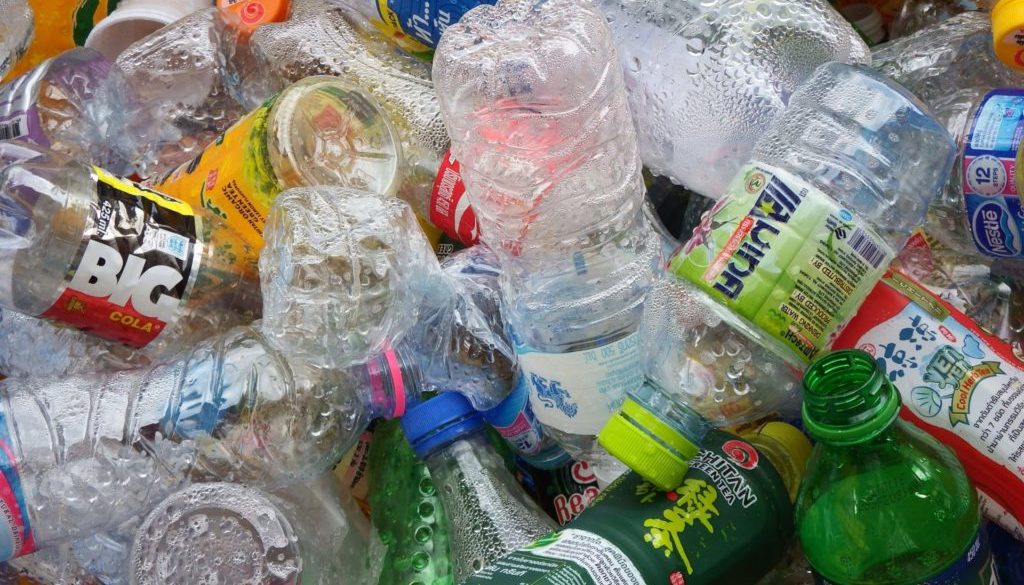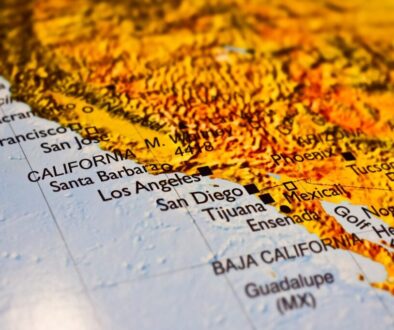The Plastics industry in Mexico grows due to COVID-19
Current demand in the plastics industry in Mexico has expanded due to the present health crisis
According to Monica Conde, General Director, of Ambient Plastic, a company specializing in the production of the petroleum derivative, the recent growth in demand that the plastics industry in Mexico has experienced has been approximately 3%.
At a virtual press conference, Conde cited that 7.7 million tons of all classes of plastics were consumed in Mexico in the entirety of 2019. By the end of 2020, as a result of an increase in demand occasioned by the global pandemic, consumption of plastics in Mexico is estimated to have increased to a total of 8 million tons.
The Director-General of Ambient Plastic asserted that the increase of activity in the plastics industry in Mexico is attributable to greater production of sanitary protection equipment such as masks, safety glasses, and new types of packaging. Further growth in the use of plastics is linked to greater usage in the food industry, especially as regards products that are wrapped in their entirety to protect consumers from health risks.
Thus, among the industries that most benefited from increased production in the plastics industry in Mexico are those related to the health sector, the packaging industry, and the companies that are active in the food and beverage industry.
With the current demand environment in Mexico, it is estimated that the country’s need for plastics products will continue to grow. In addition to domestic production, it is believed that the importation of plastics products will also continue to expand. This will occur due to Mexican capacity constraints that are anticipated to affect the manufacture of finished products. For instance, a greater volume of plastic products will be imported to manufacture items such as medical clothing, water covers, sheets, and take-out food containers for the restaurant and food processing industries.
Recycling in the plastics industry in Mexico
In addition to a plastics sector that is characterized by the manufacture of new, first-use products, Mexico is among the global leaders in the area of plastics recycling. As a result of the participation of many of the world-class companies that manufacture in Mexico, the Mexican plastics industry recycles approximately 30% of the waste that it generates annually. This is the case despite the high cost related to the processing of the material. In addition to the energy cost associated with the recycling of plastics, poor waste management practices require that a considerable additional expense be incurred due to the need to clean and prepare the commodity for recycling. Also adding to the costliness of recycling in the plastics industry in Mexico the fact that, unlike many nations, the Mexican government does not provide any incentives for the reuse of the material. The recycling of plastics does, in fact, reduce the number of waste products in the environment. Studies have shown that although plastics account for 12% by weight of garbage, other materials such as paper, cardboard, metals, glass generate greater amounts of waste.
Monica Conde went on to explain that the manufacturing policies that are formulated and promoted in many countries are geared toward the creation of a circular economy. Circular economies decouple economic activity from finite resources and design waste out of their economic system. They are underpinned by a desired gradual transition to renewable sources of energy. She also went on to note that, although the plastics industry in Mexico is increasing its production on a yearly basis, much remains to be done to instill more awareness in the population in order to create a more widespread culture of reuse and recycling.





